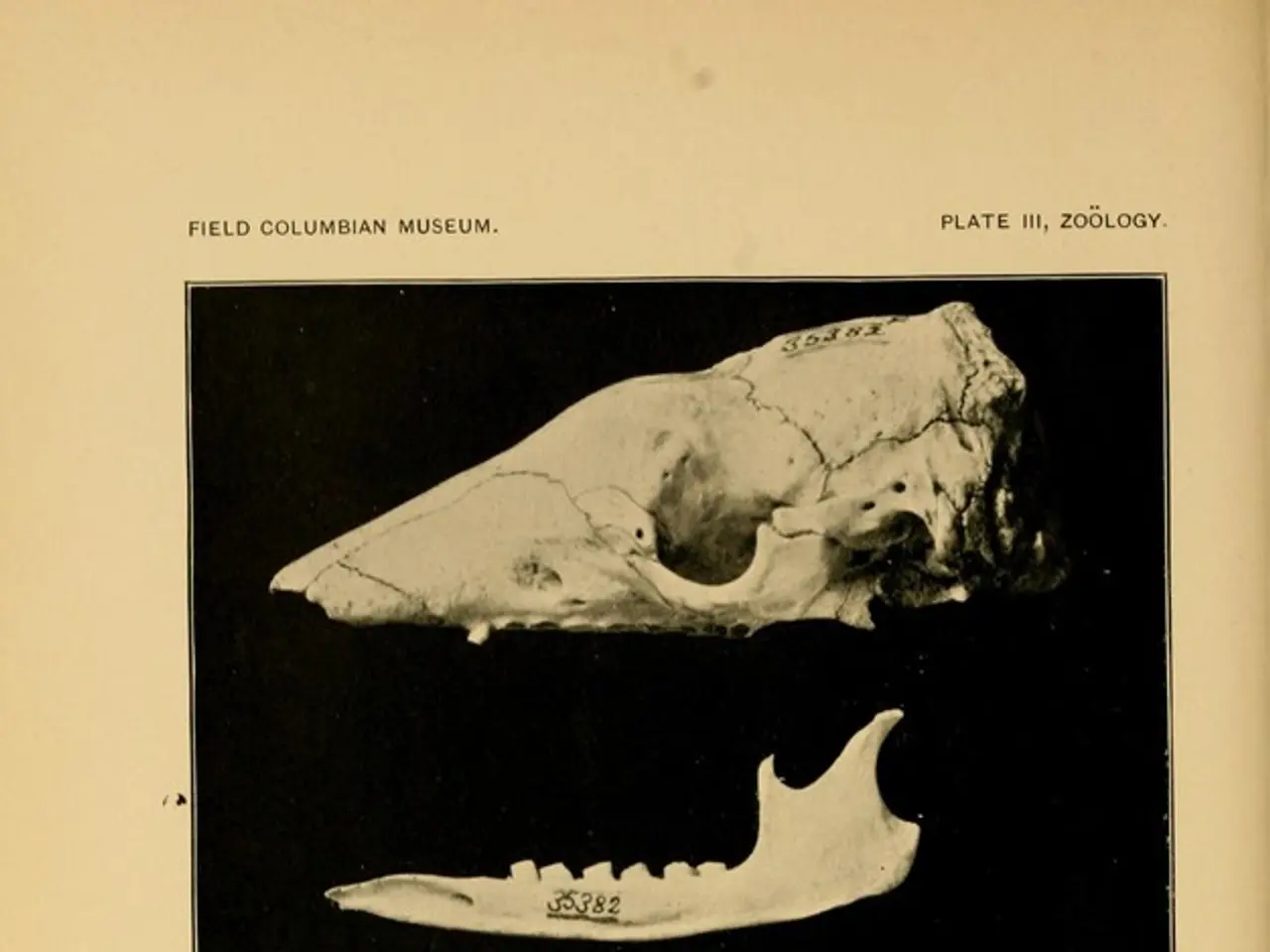Restlessness and ADHD's Impact on Task Performance and Focus
In a recent study, researchers explored the role of fidgeting in adults with Attention Deficit Hyperactivity Disorder (ADHD), shedding light on its potential as a tool for enhancing focus and self-regulation in work and educational settings.
The study, which combined objective actigraphy measures with standardized cognitive tasks, developed standardized, quantifiable fidget variables for adults with ADHD. However, it's important to note that the study used fidget balls in 70% of participants, which could potentially be a confounding effect.
The findings suggest that fidgeting may serve as a compensatory mechanism for sustained attention in adults with ADHD, particularly linked to the hyperactive-impulsive dimension of the disorder. This self-regulation tool can help reduce feelings of overwhelm and improve concentration on tasks that might otherwise be difficult to sustain.
In a controlled laboratory setting, the study found that fidgeting is linked to improved focus, reduced distractibility, and better task performance. However, the study lacked a non-ADHD control group for comparison, and it could not differentiate between different types of fidgeting movements.
The positive implications of using fidgeting in work and educational settings include improved focus, reduced distractibility, and support for emotional regulation and impulsivity management. However, there are also potential challenges. Fidgeting might be perceived as disruptive or unprofessional in formal environments, potentially leading to misunderstandings or stigma.
To mitigate distraction while still providing the benefits of movement, there may be a need for quiet, unobtrusive fidget tools. The study's findings could have implications for real-time monitoring of attention in various settings, potentially leading to the development of adaptive interventions or support systems for individuals with ADHD.
The study's findings could be particularly significant as they address a gap in the literature by focusing on adults with ADHD. However, further research is needed to explore how these findings translate to real-world settings and how they might be applied in clinical practice.
The study shared analysis algorithms to promote reproducibility and further research. The development of standardized fidget variables could lead to more consistent and comparable research in the field of ADHD and movement.
In conclusion, fidgeting as a compensatory strategy reflects an adaptive response to ADHD-related executive functioning impairments. When appropriately supported and normalized in professional or academic settings, it can enhance productivity and well-being. Conversely, without awareness or accommodations, it risks social stigma and misinterpretation, underscoring the importance of neurodivergent-affirming approaches in these environments.
- The role of neuroscience in understanding mental disorders like ADHD can help researchers identify effective treatment options and improve education for those affected.
- The study's findings support the idea that values such as, understanding, acceptance, and inclusion are crucial in developing health-and-wellness policies for individuals with ADHD.
- Further research in clinical psychology is essential to develop diagnostic tools and learning strategies that cater to the unique cognitive processes of individuals with ADHD.
- Perception of fidgeting as a useful tool for self-regulation and focus may encourage a more empathetic environment in both work and educational settings, promoting mental health and well-being.
- The study's emphasis on the link between fidgeting and improved task performance stresses the importance of integrating movement into learning strategies, potentially benefiting students with ADHD.
- As we continue to uncover the role of fidgeting in ADHD, it is crucial to conduct future research that examines the interplay between positive behaviors and mental disorders, including disorders such as depression and anxiety.
- A better understanding of the cognitive processes underlying ADHD can contribute to the development of targeted interventions in the field of psychology to minimize distractions and promote effective learning.
- In light of the study's findings, it is essential to reconsider traditional perceptions of fidgeting as disruptive or unprofessional, as these often perpetuate stigma and misunderstanding towards individuals with ADHD.
- By standardizing fidget variables, researchers aim to foster a more collaborative and reproducible approach to science, driving advancements in understanding and treating mental disorders like ADHD.




